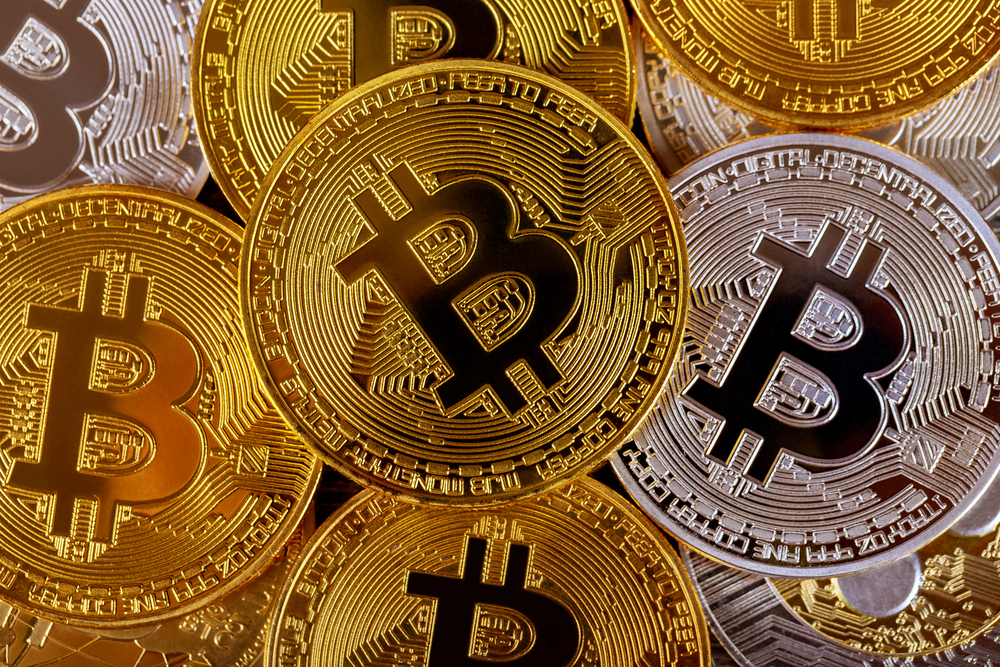The Digital Currency Monetary Authority (DCMA) introduces a global regulatory compliant framework for broader banking and financial services adoption of cryptocurrencies and digital assets.
The DCMA’s executive team has been working with governments and central banks on blockchain and digital currency cryptography since 2013. Their work has been featured by the European Commission, the United Nations, and the World Economic Forum.
The vision for the DCMA stemmed out of a meeting with the People’s Bank of China (PBOC) in 2018. Darrell Hubbard, a founding member of the DCMA, was invited to Beijing to meet with the PBOC to discuss the future of digital currencies and aspects of their digital yuan project.
Since that time, the DCMA has been invited to review, participate, and collaborate with central banks around the world in their research and development of central bank digital currency (CBDC) from advanced economies, like the European Central Bank, to emerging markets, like the central bank of Ghana.
When the Biden Administration released its Executive Order on Digital Assets, the United States Treasury requested and met with the DCMA to discuss a digital assets guidance framework for the banking industry.
As stated in the first line of Bitcoin’s Whitepaper, Bitcoin was not designed to operate within regulated financial institutions. Now that central banks are researching the adoption of cryptocurrency and digital assets, a new wave of cryptographic cash technology must evolve to meet the requirements of banks.
For example, the global banking industry recognizes two forms of legal cash, regulated electronic cash and physical cash which can transact hand-to-hand outside of the banking system.
Bitcoin’s version of electronic cash has not gained much traction in retail and commercial banking because it does not cryptographically represent either of the two legal forms of societal cash.
Universal Monetary Unit, a subsidiary of the DCMA, released the standards and protocol for Crypto 2.0 in collaboration with major central banks. The framework is monetized through the Unicoin network and is available only to governments, regulated banks, and licensed Fintech companies.
Unicoin is a globally decentralized digital financial services network. In the same way you need an Internet Services Provider (ISP) to access the Internet, you need a Financial Services Provider (FSP) to access the Unicoin network. Unicoin, a store of value cryptocurrency, is a semi-decentralized network with monetary policies and will be governed by central bank members of the DCMA.
Unicoin was first introduced on the world stage in 2020 when it won the Innovation of the Year Award during Hong Kong Blockchain Week alongside Yubi, one of DCMA’s Fintech digital banking projects.
The DCMA targets to launch the Unicoin network first with central banks and their member banks in India, Africa, and China.
The first Crypto 2.0 Global Digital Banking Summit is being hosted by the DCMA on July 28, 2022 at Constitution Club of India in New Delhi. Various Officials from the Ministry of Finance and experts from the Finance sectors in India will be in attendance.
The following week, the African Union has facilitated the DCMA to present Crypto 2.0 at the 2022 Special Meeting of the Association of African Central Banks (AACB) Governors in Banjul, Gambia.
BitMart has expressed interest in being the first cryptocurrency exchange to list Unicoin. The DCMA plans to list Unicoin on crypto exchanges within the next few months.


